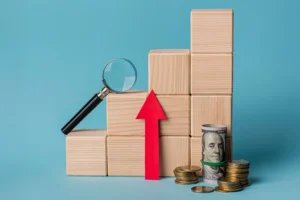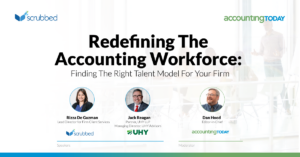How does due diligence work? In its purest form, due diligence is the process of ensuring that all information supplied to you is authentic and reliable. Accurate information is vital to properly assess the viability of an investment.
There are three key components of Due Diligence:
Physical Due Diligence – This entails a thorough inspection with a qualified building engineer and property manager to evaluate the property’s state. Physical due diligence mostly consists of the procedures listed below, which will help you ensure that a property is as advertised.
- Environmental Testing
- Survey
- Building Measurement
- Property Conditions Assessment
Financial Due Diligence – This assesses the financial performance, risk, and general feasibility of the property as an investment by carefully examining the property’s financial history, records, documentation, and projected cashflows. The following are some of the key processes of financial due diligence:
- Lease Abstracts
- Lease Audit
- Expense Analysis
- Capital Expenditure Review & Analysis
- Tax Considerations
- Third-Party Contracts
Legal Due Diligence – This is an examination of all legal aspects related to the business, property, or transactions. The following are some key processes you need to review with your legal team before deciding to close your deal.
- Title Review
- Tenant Estoppel
- SNDAs
This article will focus more on Financial Due Diligence procedures and provide an understanding of what this entails. By delving into these details, you’ll be equipped to secure the most advantageous deals!
Suppose you’re done with your physical walkthrough and you’re happy with the current condition of the property you’re interested in. You are now ready to proceed with the following financial due diligence steps to ensure the property is compatible with your business model and likely to be profitable:
Lease Abstracts – Reading and understanding lease agreements can be very tedious, especially if you have tens or hundreds of tenants. Abstracting leases is basically summarizing the critical points of a lease. This is extremely important as it allows you to organize the important parts of the lease instead of scouring hundreds of pages every time a certain lease comes up! Abstracting your lease will also help you streamline and simplify the process of your lease audit.
Lease Audit – Lease Audit is a systematic process to ensure that the lease’s financial and operational terms are being adhered to. It involves a detailed analysis of the lease provisions, rent payments, operating expenses, and other financial aspects. Remember that you are buying an income stream that derives from contractual lease agreements, so you’ll want to understand all the clauses and terms of the tenants’ leases.
Expense Analysis – Analyze expenses in the ‘s income statement to further understand the operational expenses needed to maintain the building in its working condition. If you’re buying a property for its income stream, you want to ensure that the income stream exceeds its operational expenses. Also, since different owners operate properties in different ways, you may want to develop projections based on how you would operate it to get a sense of how the property will perform in the future.
Capital Expenditure Review & Analysis – Capital Expenditures refer to major investments made to improve or upgrade the property’s physical condition. Understanding the property’s Capex requirement and historical Capex improvements is crucial for assessing its long-term sustainability and profitability. Make sure to carefully review the details to estimate any future capital requirements.
Property Tax Considerations – When you purchase a commercial property, you have to keep in mind that the property taxes will go up along with the value of the property. Property taxes are usually based on the cost value of the property upon sale multiplied by the current year’s property tax accrual rate. The good news is the increase in property tax is not payable upon closing the deal but only once the supplemental property tax bill has been sent to you by the county where the property is located. This can take six months or more depending on the county.
Third-Party Contracts – These are contracts that are already in place and binding on the property. Make sure you review any third-party contracts–many of which are vendor contracts that can last several years–to make sure that these contracts are something that you want to assume. Address any contract issues before you close the deal.
Having access to accurate financial information gives you a comprehensive understanding of the property’s financial health, empowering you to make well-informed assessments and allowing you to capitalize on favorable opportunities in the competitive commercial real estate market. Choosing the right partner to help you go through these processes will help ensure that you’re securing the right deals for your business!




